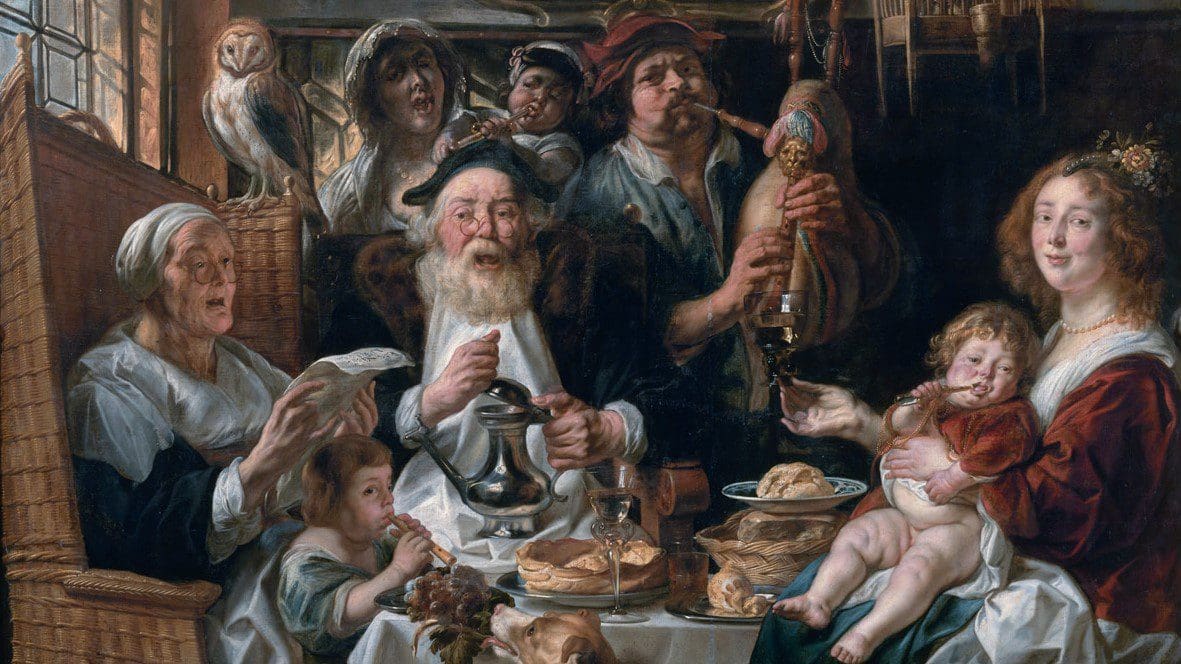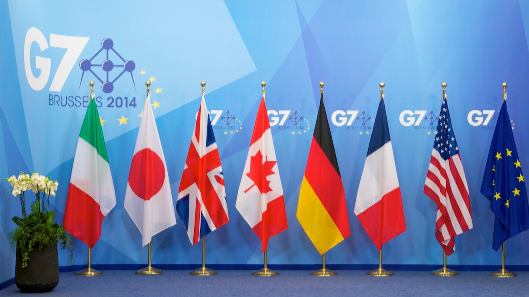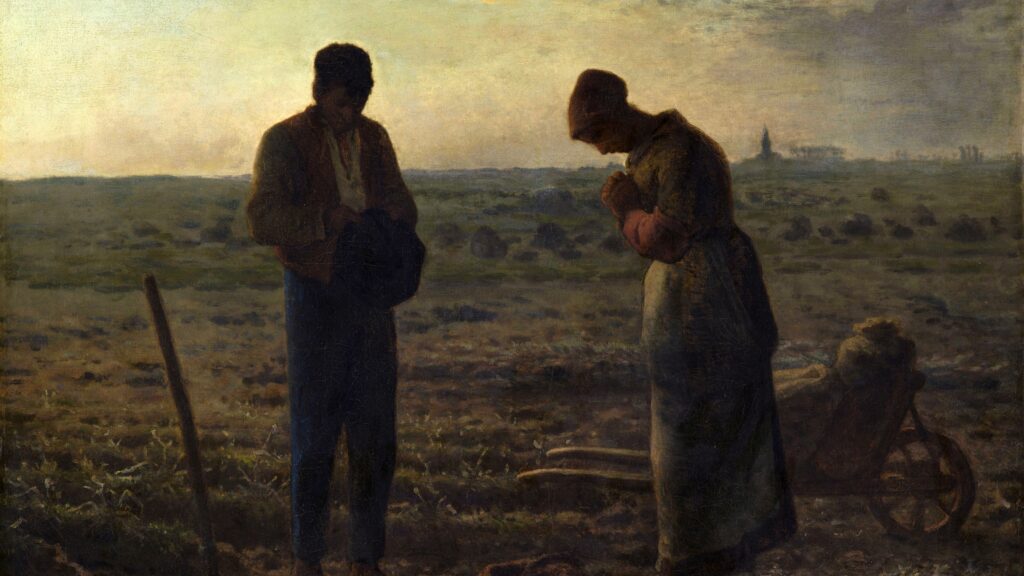Hector is a British toddler. Sweet, timid, and quite obviously the apple of his mother’s eye. He is not much different from most of his peers, except for one thing: he has Down’s syndrome. And that one characteristic would have been sufficient for him to be legally aborted just days before birth.
Consider this: in the UK, babies with Down’s syndrome can be aborted up to birth. The story of Hector was recently shared on Twitter by the NGO Right to Life UK. Yes, that’s right:
Hector could have been legally put to death had his mother decided so, two days before giving birth to him.
In 2017, Wim Distelmans, who chaired Belgium’s Federal Control and Evaluation Committee on Euthanasia, shared the news with the media that a 17-year-old minor had committed doctor-assisted suicide. She was the first underage person to resort to legal euthanasia after Belgium adopted legislation in 2014 that allows medically assisted suicide for people of all ages. Reports estimate that between 2016 and 2018, Belgian doctors resorted to euthanasia in three cases involving children under the age of 18.
A member of the Belgian euthanasia committee told a Washington Post columnist in 2018 that Belgian doctors ended the lives of a 9-year-old and an 11-year-old in that time period.
Those who believe in the absolute sovereignty of the individual and in the incontestable ’choices’ of autonomous persons probably think the above examples demonstrate the progress liberal societies have made since the dark ages. Many conservatives, on the other hand, would beg to disagree, especially those cognizant of history and the lessons we should have learnt from it.
But what is the link between conservatism and the criticism of extreme manifestations of the concept of the right to choose?
There are many interpretations and definitions of what conservatism is, as it also transpired from the exciting debate of eminent scholars at a Hungarian Conservative event last December.
One might of course distil the issue down to a few basic tenets, for example to what the renowned Israeli historian and thinker Yuval Noah Harari half jokingly said during the Q&A of a lecture in Budapest: conservatives should conserve. He, however, was referring to nature conservation, and the general perception that conservatives (or rather, conservative governments) are not as keen on environment protection and fighting climate change as liberals or those on the left apparently are.
Conservatives do hold our beautiful planet’s natural and tangible heritage dear, but they also ask a crucial question: what or who is at the centre of our world? And the answer to this question, at least from a conservative perspective, is that it is humans. If we take humans out of the equation, all our efforts to conserve become meaningless. Conservatives want to conserve life.
In fact, one would naturally assume that the need to conserve life is noncontroversial.
The problem is that this is increasingly not the case.
While a consensus has been built about protecting animals and safeguarding our planet being the duty of civilised societies, and, thankfully, Western nations, including Hungary, have made great strides in terms of both legislation and public attitudes in this regard, the imperative of the protection of human life has become a controversial issue.
The erosion of the seemingly unquestionable, intrinsic value of life is gradual and stealthy, and those who express concerns about that are often dismissed as pro-life fundamentalists. The slogans ‘my body, my choice’ (exceptions: coerced vaccination and luring children into double mastectomies) and ‘death with dignity’ (such as that of a 41-year-old Canadian with ALS, who was euthanised after failing to raise enough money for medical equipment that would have helped him stay at home with his son) sound very appealing. But ‘If the measure of a society is what it does for its weakest members, what can be said of a country that encourages the terminally ill to kill themselves?’ And what about those that recommend parents to get rid of their baby with Down’s syndrome?
While entire business enterprises in the West are now built around assisting people to kill themselves, and it is considered to be normal that babies conceived as a result of rape are almost automatically aborted, moral dilemmas regarding not just abortion or euthanasia, but also surrogacy and in vitro fertilisation are swept under the carpet. The Hungarian heartbeat bill is labelled as a violation of the rights of women, but buying the sperm or the egg of a donor for those unable to have children of their own to have a ’desired’ baby is regarded as progress.
Let’s go back to Hector, who happens to be a child with Down’s syndrome. His humanity could have been denied because of his condition, and he could have been treated as an inconveniencing circumstance, an option that those who have already been born, his parents, can choose or not.
But nothing is new under the sun.
As writer and pro-life activist Jonathon van Maren commented on the case of Hector, the practice of killing perfectly viable babies because they have a specific condition is ’precisely what the Nazis did with the T4 euthanasia program and progressives fully support it.’ The central concept behind the Nazi scheme was that anyone who had a life ’unworthy of living’ was to be killed.
Similarly, people with terminal conditions who are suffering from extreme pain and who feel they can no longer live a dignified life are now being legally helped to kill themselves in many countries around the world. But euthanasia legislation, as the above cited Canadian case also demonstrates, may turn out to be a very slippery slope. In 2017, a member of the euthanasia commission in Belgium ‘resigned in protest because it refused to recommend prosecution when a woman with dementia who had not requested euthanasia was nevertheless put to death at her family’s request.’
In Cormac McCarthy’s 2005 novel No Country for Old Men, set in 1980, the sheriff, who is the resoneur in the book, tells the following story to illustrate the exact same point we have been trying to make so far: ’Here a year or two back me and Loretta [the sheriff’s wife] went to a conference in Corpus Christi and I got set next to this woman, she was the wife of somebody or other. And she kept talkin about the right wing this and the right wing that. I aint even sure what she meant by it. The people I know are mostly just common people. Common as dirt, as the sayin goes. I told her that and she looked at me funny. She thought I was sayin somethin bad about em, but of course that’s a high compliment in my part of the world. She kept on, kept on. Finally told me, said: I dont like the way this country is headed. I want my granddaughter to be able to have an abortion. And I said well mam I dont think you got any worries about the way the country is headed. The way I see it goin I dont have much doubt but what she’ll be able to have an abortion. I’m goin to say that not only will she be able to have an abortion, she’ll be able to have you put to sleep.’
Let’s hope we do no live to see that happen.








